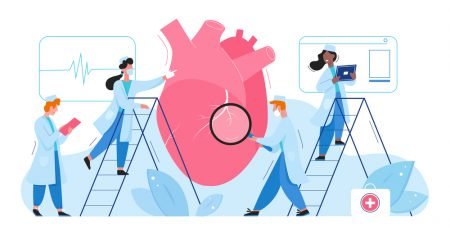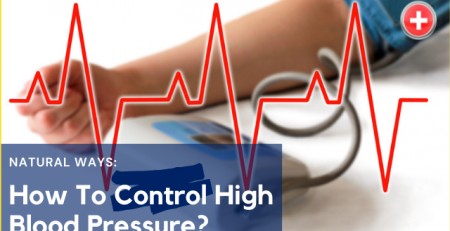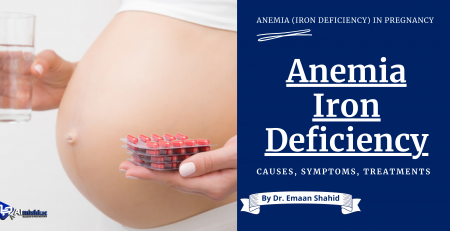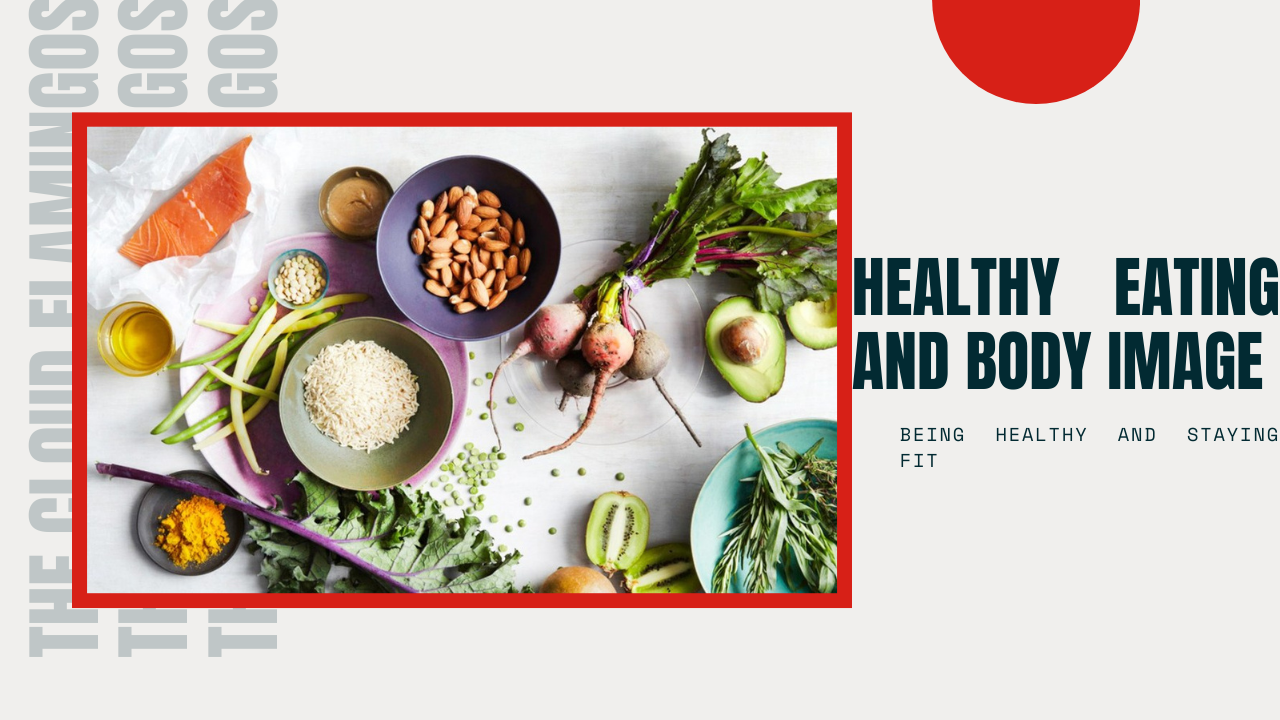CHOLESTEROL: All You Need To Know About It
Even though cholesterol doesn’t have a good image and has long been branded as an evil nutrient for its role in promoting the heart and other types of diseases, the fact is, it’s not all that negative. Our body needs to maintain good health.
In this article, we try to understand the role of cholesterol in our body and why it has such a bad reputation, but for this, we have to start from the basics.
What is Cholesterol?
Cholesterol is a waxy, fat-like substance. It is found in blood plasma and all the cells of the body. Chemically, it is an organic compound and belongs to the steroid family.
Cholesterol is vital for life. It is the main component of the cell membrane and is required to maintain healthy cells. It is an intermediate compound from which the body synthesizes different products like bile acid, hormones and vitamin D.

The liver and intestine naturally produce about 80% of the total cholesterol content of our body. The remaining 20% comes from our food, especially from animal sources like meat, poultry and dairy products. There is a compensatory mechanism in our body to regulate cholesterol synthesis. If we increase the dietary intake of cholesterol, our liver automatically decreases cholesterol synthesis.
Types of Cholesterol
To understand cholesterol’s role, it is very important to know its types.
Because of its fatty nature, cholesterol is water-insoluble. As our body is mostly made up of water, it has to be incorporated into certain protein complexes called lipoproteins to transport through the bloodstream. There are two major forms of lipoprotein: low density (LDL) and high density (HDL).

Low-Density Lipoprotein (LDL)
LDL transports cholesterol from the liver to different body parts, where it is separated from the lipoprotein and used by the cells. LDL cholesterol, also called bad cholesterol, is why cholesterol is considered a dietary evil. Because when it gets too much, it’s consumed by the cells called macrophages and gets trapped inside the walls of blood vessels, leading to the formation of sticky deposits and plaques. This buildup condition is known as Atherosclerosis. It eventually blocks blood flow to the brain, heart and other body organs and can cause heart attack and stroke.
High-Density Lipoprotein (HDL)
HDL, on the other hand, transports extra and unused cholesterol from the tissues back to the liver through reverse transport. It is broken down into bile acids and then expelled from the body. A higher HDL level is linked with lower plaque buildup, which is why HDL is considered good cholesterol.
Importance of Cholesterol in Our Body
Even though excessive cholesterol is too dangerous for the body but within its normal range, it’s required by the body to perform different functions such as:
Act as an Antioxidant
Cholesterol acts as an antioxidant in the body. The wounds in our body carry free radicals. It is important to throw away these free radicals from the body to keep diseases away. Cholesterol helps neutralize these excessive free radicals and protect the body from the damage they cause.
Role in Immunity
Another function of cholesterol is to strengthen our immune system. Our immune system relies on cholesterol to fight off infection. LDL deactivates bacterial toxins by binding them. For example, red blood cells are not affected by MRSA toxin in the presence of LDL. Even before antibiotics, a common practice to cure tuberculosis was using raw egg yolks and fresh cream.
Hormone Production
Cholesterol is also required to produce steroid hormones, including sex hormones, progesterone and estrogen in women and testosterone in men. Without enough cholesterol, there is a chance of infertility.
Other hormones that need cholesterol for their production are mainly those produced by the adrenal gland, including aldosterone (the hormone that makes the kidney retain water) and cortisol (the stress hormone).
Bile Production
One function of the cholesterol in the body is the production of bile, and bile is a greenish color liquid needed to digest food. Bile is made and released by the liver and stored in the gallbladder. It acts as an emulsifier and helps digest fats by breaking them down into fatty acids, which are then supplied to the body by the digestive tract.
Important Building Block
Cholesterol is an essential building block for maintaining healthy cells. Along with polar lipids, it makes up the structure of every cell in our body to provide a protective barrier.
Vitamin D Production
Vitamin D, essential for cell repair, is made from cholesterol in the presence of sunlight in our body.
Cholesterol and Brain
Our brain takes about 25%of the total blood cholesterol. The connection of brain cells entirely depends upon cholesterol. Without cholesterol, we would not have any learning and memory.
Low cholesterol can cause emotional instability and behavioral problems, including violent and aggressive actions.
Brain and Eyes Development
Fetuses and infants need cholesterol for brain and eye development.
Causes of High Cholesterol
Lifestyle and genetics both play an important role in increasing cholesterol levels. Certain medical conditions and medications can also alter the body’s cholesterol levels.
Lifestyle Factors
Smoking
Smoking turns LDL cholesterol (the bad one) more sticky so that it sticks to artery walls and makes them clog.
Smoking also lowers HDL cholesterol level (the good one), which helps remove excess bad cholesterol from the artery wall.
Smoking damages the wall of arteries, and cholesterol starts to collect in the damaged areas.
Suggested Read: Impact of Smoking on Oral Health
Stress
Stress causes hormonal changes, which increase the production of cholesterol. Stress triggers the stress hormone cortisol. It activates the production of (metabolic fuels). It brings the liver into action, which begins to produce more of the BAD cholesterol LDL in response to increased levels of glucose and fatty acids.
Drinking Alcohol
Alcohol is processed through the liver, which also makes and eliminates cholesterol. In the presence of excessive alcohol, the liver becomes more focused on eliminating it from the body. It becomes less efficient at other tasks, including managing cholesterol levels in the body.
Excessive alcohol consumption also affects liver health and may cause fatty liver disease, which further affects the ability of the liver to process cholesterol.
Lack of Exercise
Exercise helps to control cholesterol levels in the body. The real reason behind it is still unknown. Still, many researchers think that there are several mechanisms involved behind it, such as:
Exercise stimulates enzymes that help move LDL from the blood towards the liver, where it’s expelled from the body.
Exercise increases the size of the protein particles that carry cholesterol in the bloodstream called lipoproteins. Some of these particles are small and dense, and some are big and fluffy. Smaller and dense particles are more dangerous than big and fluffy ones. Because they can squeeze into the lining of the arteries, exercise is believed to increase the size of the protein particles that carry both good and bad cholesterol.
Little or no exercise can become the reason for elevated cholesterol levels.
Diet
Some foods such as liver, kidney and eggs contain cholesterol. Still, their consumption has little or no effect on blood cholesterol levels. The total amount of saturated fat in a diet increases the level of bad cholesterol (low-density lipoprotein or LDL). However, cutting all types of fat from your diet is not healthy. It is recommended to replace saturated fats with unsaturated fats because they have been linked to increasing good cholesterol levels.
Also Read: Organic Food Versus Conventional Food
Genetic Factors:
In some cases, genetic factors increase cholesterol levels in our bodies. For example, Familial hypercholesterolemia is a defect on chromosome 19 that makes it hard for the body to remove LDL from the blood. About 1 in 250 people have this condition.
Medical Conditions:
Certain medical conditions also contributed to increased cholesterol levels, such as:
Diabetes
Insulin is the hormone required by the body to convert glucose into energy; it also stops fats breakdown into fatty acids within the body. In the absence of insulin or when insulin resistance develops, it affects the metabolism of sugar and fats. Fats start to break down at an increased rate, ultimately leading to various body cholesterol changes.
Obesity
Extra weight increases the chances of too much LDL (bad cholesterol) in your blood.
Chronic Kidney Disease
Chronic kidney disease is an inflammatory state, and inflammation adversely affects the lipid balance of the body. Chronic kidney disease is associated with high triglycerides levels and low HDL levels in the body.
Hypothyroidism
Thyroid hormones, particularly T3, play an important role in helping the liver process and remove excess cholesterol from the body.
So when the body cannot produce enough thyroid hormone, the liver can also not process as much cholesterol as usual.
Liver Function Complications
Because cholesterol is produced and excreted out by the liver, any liver complications can affect the ability of the organ to produce and clear cholesterol.
Menopause
During and after menopause in women, cholesterol levels can also rise. Estrogen is a hormone that helps the liver metabolize cholesterol. Still, after menopause, estrogen hormone levels decrease in the body, affecting cholesterol levels.
Medications
Some medications also affect cholesterol levels. These include certain birth control pills, retinoids, corticosteroids, antivirals, anticonvulsants, diuretics and some older forms of beta-blockers.
View medicines to control your cholesterol.
What are some Health Cholesterol Levels
Healthy cholesterol levels are less than 200 mg/dl in adults. Between 200 to 250 is considered moderately elevated, while anything above 250 mg/dl is highly elevated.
HDL level ideally should aim for 60 mg/dl or above, but this is very uncommon. Most people have HDL levels in their 40s and 50s.
LDL should be less than 100 mg/dl but below 70 mg/dl is the best.
During cholesterol screening, triglycerides or the fat content in the blood is also measured, it ideally should be less than 100 mg/dl, but anything below 150 mg/dl is also healthy.
Health Problems Caused by High Cholesterol
Over time, high LDL levels lead to the development of plaques inside blood vessels. This plaque buildup is called Atherosclerosis. As long as this condition remains untreated, bigger plaque is formed, making your blood vessels narrow and clog, hindering their efficiency in supplying oxygen-rich blood to different body organs. So high cholesterol becomes the reason for other medical problems depending on which blood vessels are clogged.
Coronary Artery Disease
It is also called coronary heart disease. It happens when Atherosclerosis affects coronary arteries.
Carotid Artery Disease:
Carotid arteries supply blood to the front part of your brain, and carotid artery disease happens if Atherosclerosis blocks carotid arteries.
Peripheral Artery Disease
When Atherosclerosis affects the arteries of the legs and arms, it causes peripheral artery disease.
High Blood Pressure:
High cholesterol also causes high blood pressure because it hardens and narrows the blood vessels. Hence, the heart must pump much harder to supply blood throughout the body. As a result, BP increases.
Prevention and Management
There are many ways to lower high cholesterol levels, including lifestyle modifications and medications.
Lifestyle modifications are:
- Avoid tobacco.
- Switch to a healthy diet; limit the number of Trans fats and saturated fats.
- Stay active.
- Try to keep a healthy BMI.
- Stay tension /stress-free.
- Keep your blood sugar in control.
If only lifestyle modifications are not enough, then it’s important to use medication to decrease the level of cholesterol.
Classes of drugs used to control cholesterol levels are:
- Statins
- Bile acid sequestrants
- Fibrates
- PCSK9 Inhibitor
- Selective cholesterol absorption inhibitor
- Adenosine triphosphate citrate lyase inhibitors
- Omega 3 fatty acids
- Nicotinic acid
Bottom Line
Cholesterol is both for our health, a friend or a foe. Within the normal range, a good friend is required by the body to perform different functions and keep it healthy. But if it gets out of control, it becomes dangerous to our body, so it’s important to keep an eye on body cholesterol level and check it every six months to stay fit and enjoy a healthy life.
More Suggested Reads:
- How To Find Your Stomach Problems – Causes & Treatments
- Heart Diseases: What are Its Symptoms, Causes & More
- What is mRNA Vaccine Technology?
References:
[1] Why Should I Care About My Cholesterol? – Intermountain Health Care
[2] What is Cholesterol, and How Does Too Much of It Affect My Health? – Valley Wise Health
[3] The functions of cholesterol in the body – Times of India
[4] Cholesterol: Is it the Villain It’s Made Out To Be? – Psychology Today
[5] The Dangers of High Cholesterol – Webmd
[simple-author-box]












LEAVE A COMMENT
You must be logged in to post a comment.